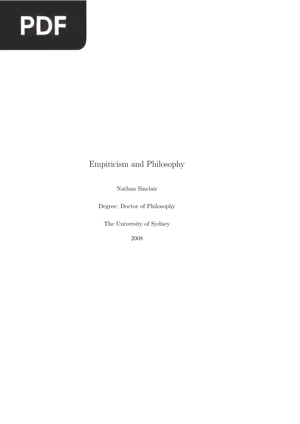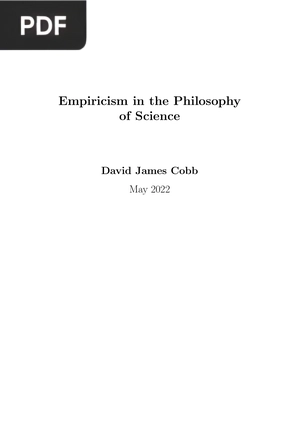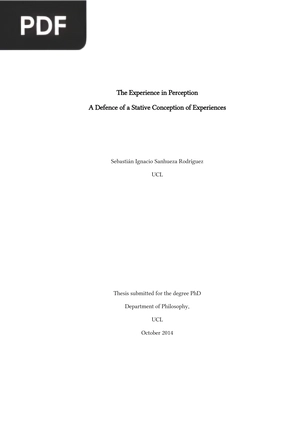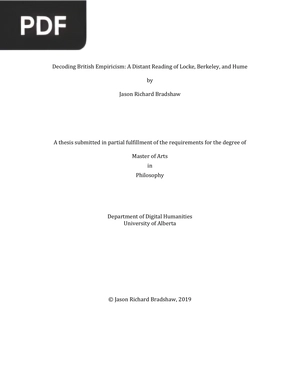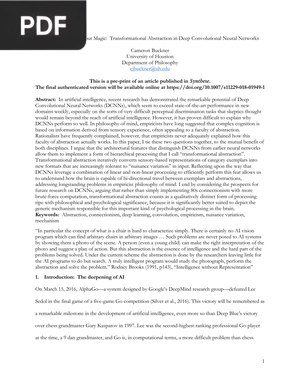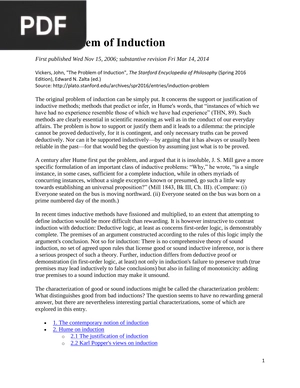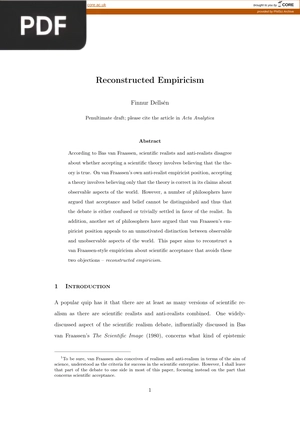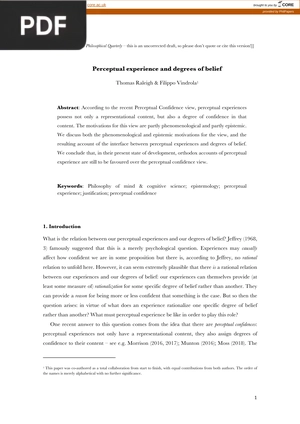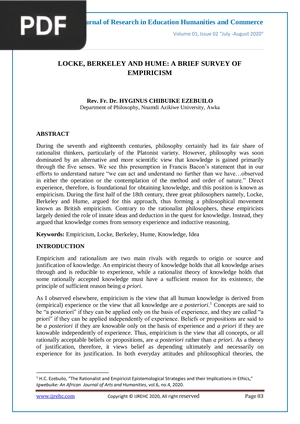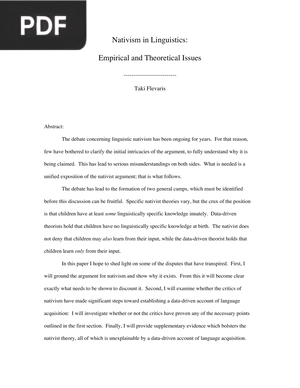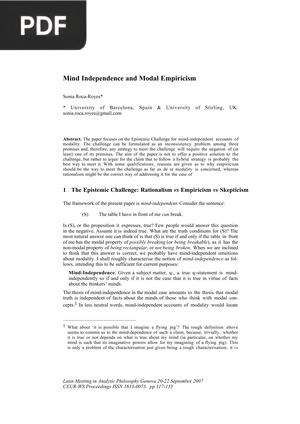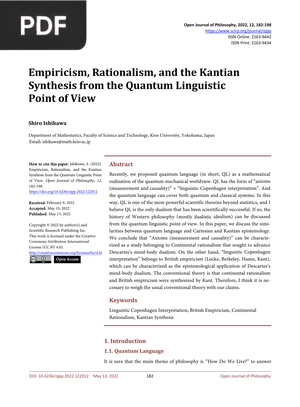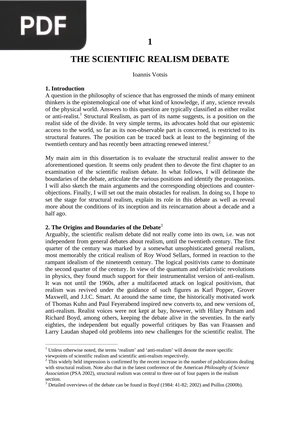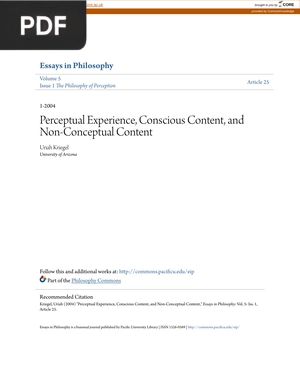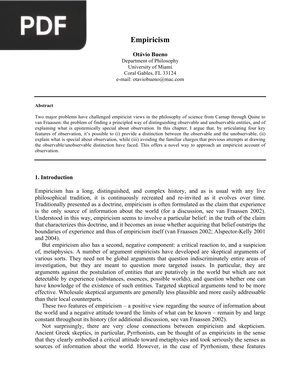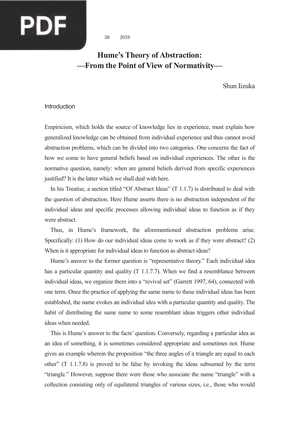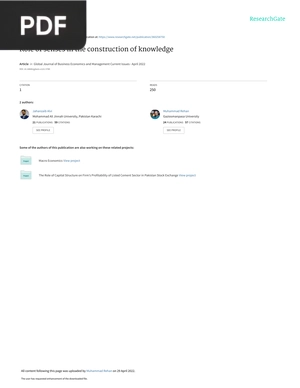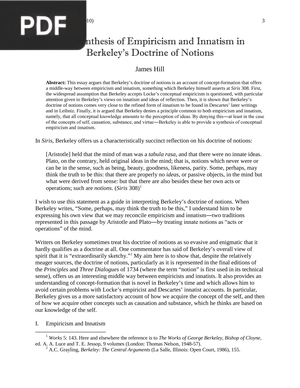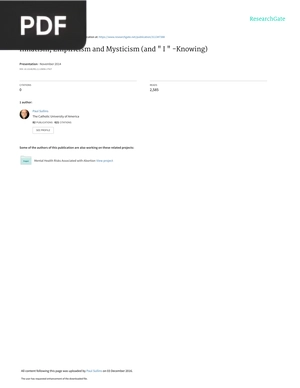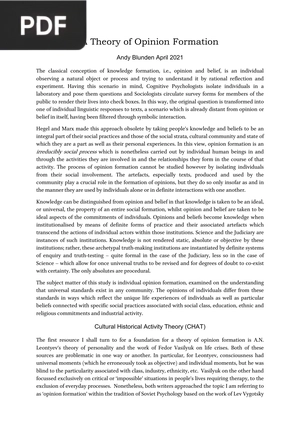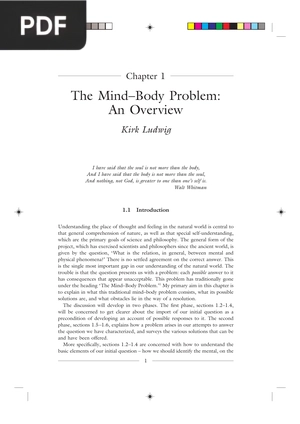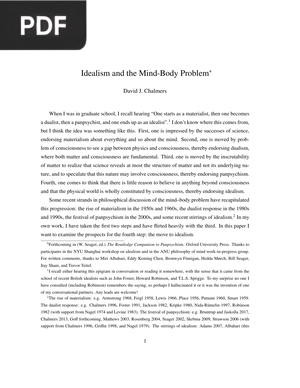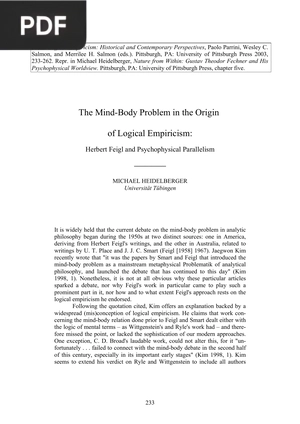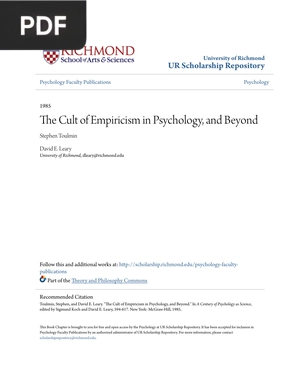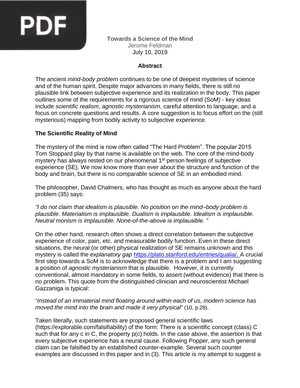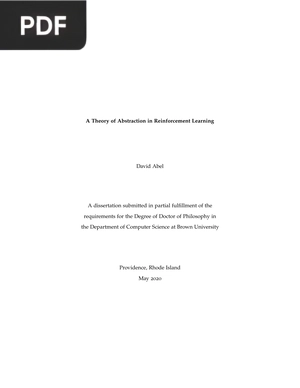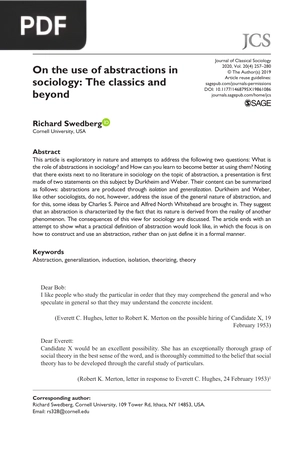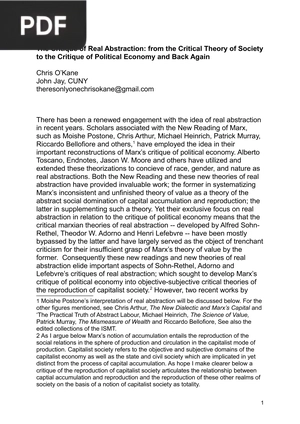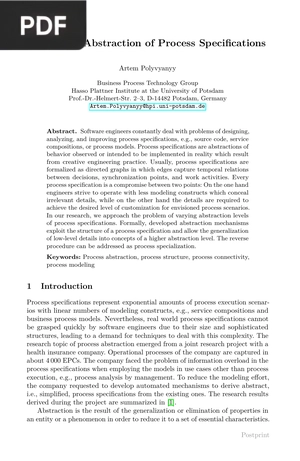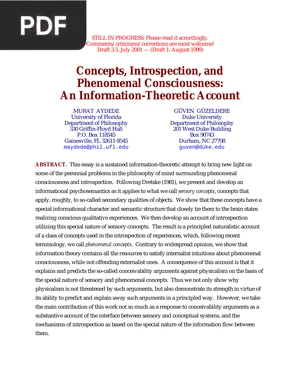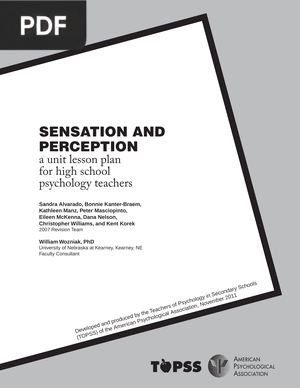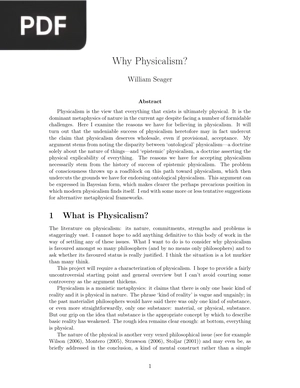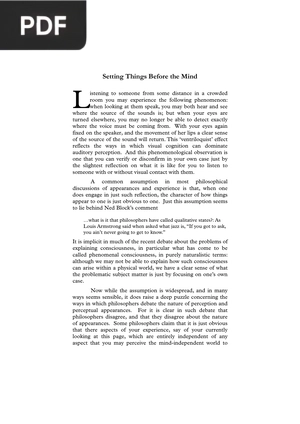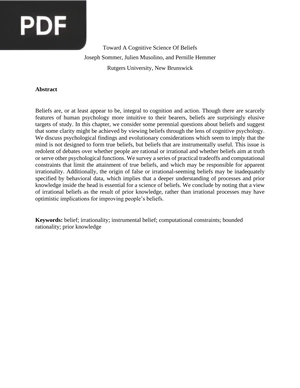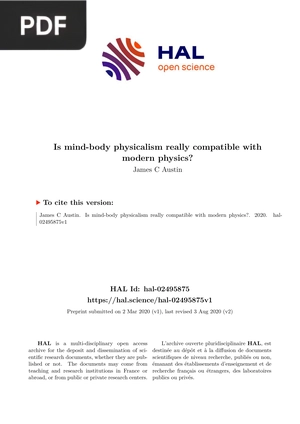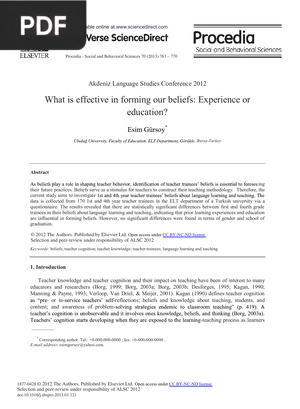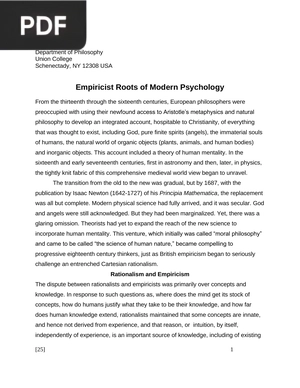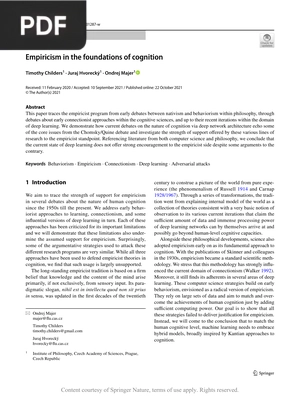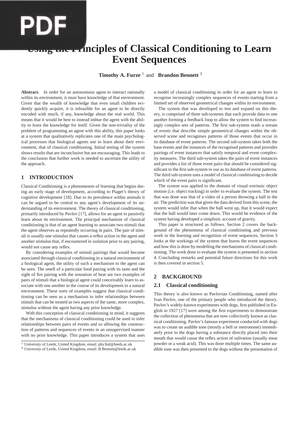5+ Empiricism Books for Free! [PDF]
by InfoBooks

Empiricism is a philosophical tendency that asserts that the way to obtain knowledge is through experience and evidence. Achieving it depends on the use of the senses, the acquisition of knowledge, and tradition. If you want to know more, be sure to check out our free books about empiricism.
As a philosophical current, empiricism developed in the United Kingdom between the 17th and 18th centuries. The term comes from the Greek empeiria, meaning "experience". The suffix "ism" adds the character of doctrine.
From the historical point of view, empiricism is associated with tabula rasa, a term meaning that the human mind is "empty" at birth and thoughts come only through experience. It is a concept applied by practitioners and researchers to guide the scientific method.
Some examples of empiricism are: learning the mother tongue, having hypotheses about the state of the weather, knowing the danger of fire, learning from trial and error, or any scientific experiment.
If you want to know more about the advantages of empiricism, visit our section with more than 40 materials between books and articles about empiricism in PDF format.
Empiricism Books
- #18
Empiricism
Books on Mind-body Relationship from Empiricism
Empiricism advocates the idea that knowledge is acquired through sensory experience and experimentation, which implies that our perceptions and emotions are the results of interactions between our mind and our body.
Today, the study of the mind-body relationship from empiricism continues to be relevant and valuable in various disciplines. In psychology, for example, the importance of experiences and perception in the formation of the mind is recognized.
Our books and articles on mind-body empiricism invite us to reflect on the nature of consciousness and our interaction with the world around us, nurturing an interdisciplinary dialogue.
Abstraction Theory and its Relevance
Discover this fascinating world through our books and articles on abstraction theory and its relevance in PDF format.
Abstraction theory encompasses a variety of approaches that seek to understand how we conceptualize and represent reality, freeing it from its concrete details to understand its underlying essence and structure.
The importance of Abstraction Theory lies in its ability to simplify complexity and find patterns and regularities in nature and the human mind.
Books on Empiricism and Philosophy of Mind
Within this rich subject matter, books and articles on empiricism and philosophy of mind are fundamental to understanding how human beings generalize and conceptualize the world around them.
The importance of empiricism and philosophy of mind lies in their ability to shed light on the nature of the human mind and its cognitive foundations.
By exploring the relationship between experience and knowledge, these areas of study offer us a unique perspective for understanding how we perceive the world, how we form our ideas, and how we interact with the environment around us.
Books and Articles on Empiricism and Psychology
Empiricism, in the context of psychology, focuses on the study of mind and behavior through systematic data collection and rigorous observation.
The importance of exploring empiricism in psychology lies in its evidence-based approach and direct observation, which has led to significant advances in our understanding of the human mind.
These books and articles on empiricism and psychology invite us to immerse ourselves in a world of knowledge and discovery, enriching our understanding of human nature.
Here ends our selection of free Empiricism books in PDF format. We hope you liked it and already have your next book!
If you found this list useful, do not forget to share it on your social networks. Remember that "Sharing is Caring".
Do you want books on Philosophy in PDF format?

